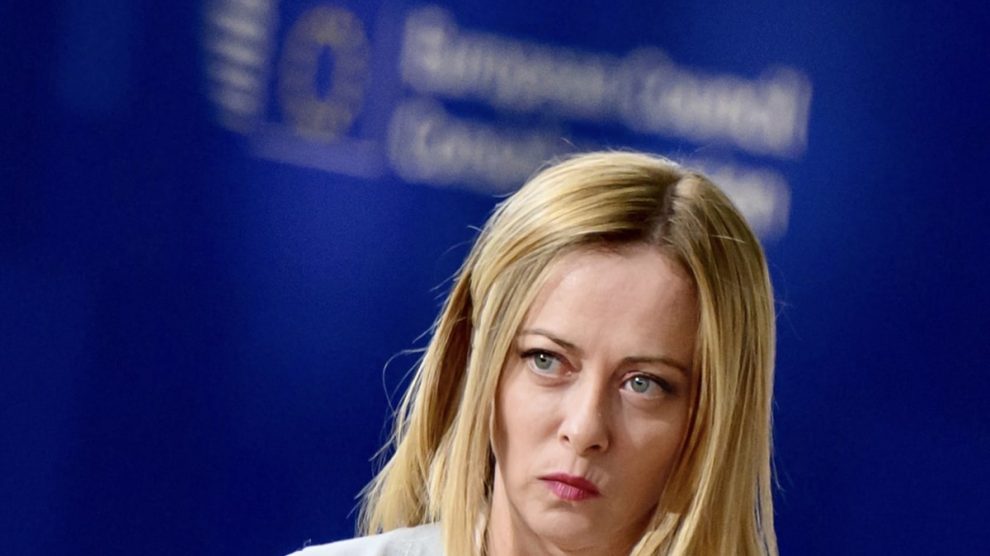Decoding the news. The move positions Rome as a constructive player in European trade policy during heightened global tensions.
- Latin American markets — from Brazil to Argentina — have become more accessible to key sectors of Italian excellence, from advanced manufacturing to automotive.
- It strengthens ties with strategic South American partners, consistent with the government’s broader international outreach.
- Rome can leverage cultural affinities and its traditional role as a privileged interlocutor with Latin America.
The context. Over six months after the Montevideo signing, the Commission is set to present today the EU-Mercosur deal. It divides member states and includes crucial demands for farm safeguards.
- The package, which requires approval from the Council and Parliament, would cut tariffs on over 90% of EU exports and open procurement markets.
- Brussels will likely add protections for sensitive products, following Italian pressure for agricultural safeguards.
The steps. After securing guarantees for the agricultural sector, Rome is ready to give the green light.
-
The final endorsement is expected from Prime Minister Giorgia Meloni at the coming EUCO summit (scheduled for October 1st, in Denmark).
The broader picture. Italian companies, particularly in manufacturing, have long pressed for broader access to Latin American markets.
- The agreement allows Italy to safeguard sensitive sectors while expanding its export capacity.
- Backing the accord also brought Rome closer to Brussels on reshaping its global value chains.
What we’re watching. Once the Commission adopts it, the text will be sent to member states and the European Parliament for ratification.
- Italy will aim to maximise its competitive edge in Mercosur markets, focusing on industrial machinery, vehicles, and luxury goods, while safeguarding other crucial sectors.





